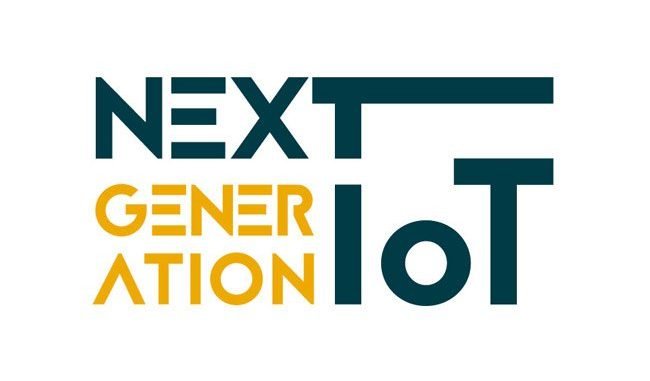
Dr. Alexander Willner
Head of the Industrial Internet of Things (IIoT) Center, Fraunhofer Institut
The Internet of Things (IoT) paradigm is driving innovation and supports the whole digital transformation of Europe’s economy, that will shape how we will work in the future. At the same time, this change opposes a number of technical challenges that current developments try to address.
First, data is going to be exchanged more and more wirelessly by mobile entities, while its timely and guaranteed delivery is getting more important at the same time. Future 5G and 6G standardisation will address this and allow for disaggregated standalone campus networks that support open, deterministic, ultra-reliable, and low-latency connectivity.
Second, data is worth nothing without proper context. The movement towards the definition and standardization of digital twins, that represent analogue assets, must further be exploited. This will allow for early simulations and AI based optimisations.
Third, strengthening Europe’s digital and technological sovereignty is an important strategic goal for the next decade. Centralising data, communication flows and compute capabilities in cloud data centres, operated by a few dominant companies, is diametrically opposed to this objective. What is needed is an open standards-based ecosystem of distributed infrastructures and software components that enable important future privacy-aware data platforms.




